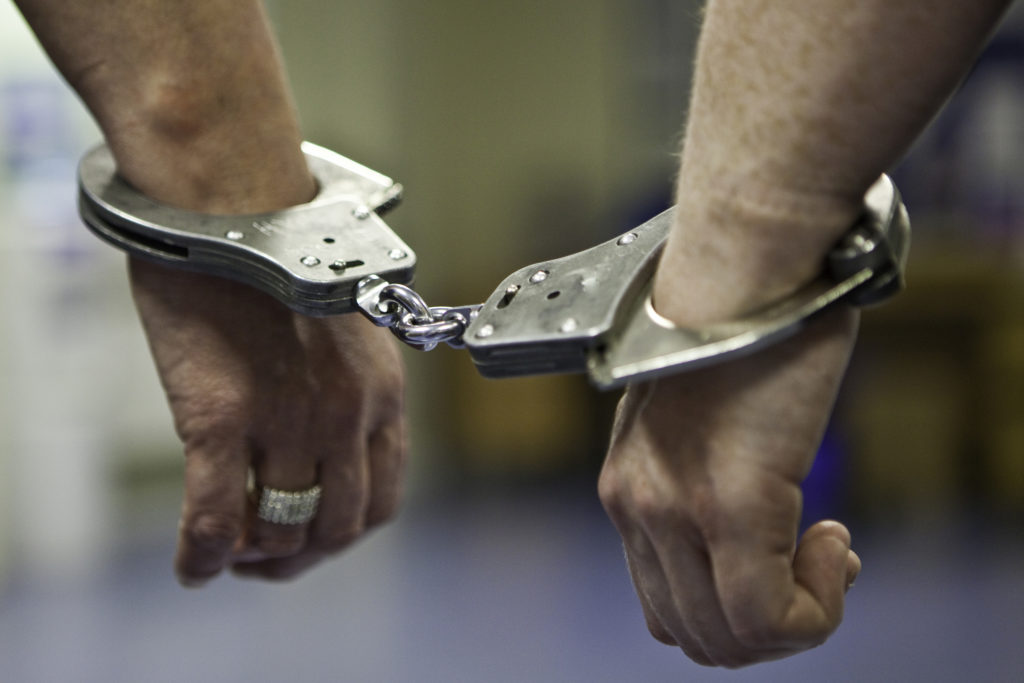Fewer people are being prosecuted for homophobic hate crimes. (Getty)
The number of people being prosecuted for homophobic hate crimes has fallen over the past five years, despite reports of such crimes doubling.
Homophobic hate crime has increased for the sixth year running with some 13,530 incidents reported in 2018/19, according to figures obtained by BBC Radio 5 Live.
This is more than double the number (5,591) recorded in 2014/15.
But while reports of crime are increasing, the proportion of complaints resulting in a charge or a court summons has fallen from 20 percent in 2014/15 to 8 percent in 2018/19.
Homophobic hate crime prosecutions fall in London and the north
This worrying trend is especially pronounced in certain parts of the country.
Both West and South Yorkshire Police have seen reports of homophobic hate crime increase five-fold since 2014/15, to 961 and 375 respectively.
However the percentage of crimes resulting in prosecution fell over the same time, from 19 percent to 4 percent in West Yorkshire, and from 10 percent to 3 percent in South Yorkshire.
Two of Britain’s largest forces, London’s Metropolitan Police and the Greater Manchester Police, have seen a similar pattern over the same period.
Both reported an increase in reported homophobic attacks but a fall of around a third in the number of prosecutions, to 165 and 50 respectively over
The BBC obtained these figures after sending a freedom of information (FOI) request to 48 police forces across the UK. It received full responses from 38, with results from Police Scotland only partial and therefore not included in the analysis.
Fall in hate crime prosecutions down to lack of witnesses and evidence
The National Police Chiefs’ Council said that in many cases, police are unable to identify a suspect due to a lack of witnesses and scarce evidence
“Police will investigate crime reports and will pursue action against those responsible where there is evidence to do so,” a spokesperson said.
“Targeting someone because of their sexuality is completely unacceptable. It undermines our fundamental human right to feel safe and can have a devastating impact on victims and the wider community.”
A spokesman from the Metropolitan Police added: “We recognise that our sanction detection rates have fallen… as many of these non-violent offences present less evidential opportunities and victims often feel that there is a barrier between bringing the matter to court and prefer to make police aware of each offence.
“We are committed to improving our total number of sanction detection rates and successful prosecutions and continue to remind communities to report hate crimes even if they do not want to go to court as it helps the police to provide a true picture of the abuse.”
